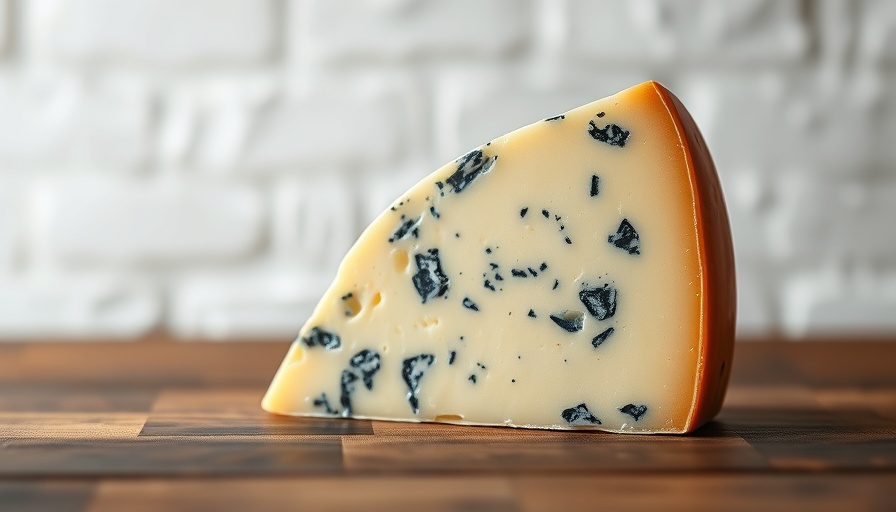
Understanding the Impact of Dairy on Sleep and Dreams
The quest for a good night's sleep is increasingly paramount in today’s health-conscious society. Interestingly, a recent study conducted by researchers in Canada has shed light on how something as commonplace as dairy might not only affect our health but also our experiences during sleep, particularly our dreams.
Unveiling the Science Behind Food and Sleep
In a survey of 1,082 university students, approximately 40% reported that certain foods influenced their sleep quality, with dairy topping the list. Surprisingly, just 5.5% acknowledged a link between food and their dream content, yet dairy emerged as a significant contender amongst those who did. The study found that individuals who were lactose intolerant were particularly prone to nightmares, especially if they also experienced stomach distress such as bloating or cramps.
The Gut-Brain Connection: How Digestion Affects Sleep
The connection between our gut health and mental well-being is becoming increasingly recognized. The study highlighted the physiological implications of digestive discomfort, suggesting that it may disrupt sleep cycles, particularly deep sleep. Inflammation and the release of cortisol—a stress hormone—during digestive distress could exacerbate negative emotional experiences during dreams.
Broader Implications of Diet on Sleep Quality
Previous studies corroborate the findings, with one survey indicating that nearly 18% of university students connected their diet to their dreams, with dairy being the most frequently mentioned culprit. Overall, it appears that diets rich in fiber, fruits, and vegetables contribute to deeper, more restorative sleep, while those high in fats and sugars correlate with lighter, fragmented sleep patterns. Thus, maintaining an optimal diet could enhance overall well-being while mitigating nightmare occurrences.
Nightmares: A Common Concern
Nightmares affect around 4% of adults globally and are particularly prevalent among individuals with conditions such as post-traumatic stress disorder (PTSD). While therapeutic drug options exist, they often come with various side effects. Adjusting one’s evening diet offers a potentially cost-effective and low-risk alternative to managing nightmares. Individuals may benefit from opting for low-lactose dairy alternatives or modifying the timing and composition of their meals.
Looking to the Future: Dietary Changes for Better Sleep
As research delves deeper into the intersection of diet and sleep, there is hope for using dietary adjustments as natural methods to enhance sleep quality and reduce nightmares. Furthermore, gut-friendly diets like the Mediterranean diet, already linked to improved mood and cognitive function, could represent the next step in combating nightmare occurrences.
Engaging with Community Health and Wellness
Awareness of the impact of dietary choices on sleep and mental health points to the broader context of community health and wellness. Initiatives that promote education around nutrition and its effects on sleep can empower individuals to make informed choices for their well-being. Events and workshops focusing on healthy eating, such as those frequently held in San Antonio, can provide valuable resources and support for those looking to enhance their health.
In conclusion, understanding how dairy and other dietary factors can disrupt our sleep and alter our dreams opens avenues for healthier lifestyle choices. As research evolves, embracing these insights may lead to improved sleep quality and overall well-being. For those interested in making more mindful dietary choices, consider exploring local health and wellness resources to find guidance and support.
 Add Row
Add Row  Add
Add 




 Add Row
Add Row  Add
Add 


Write A Comment